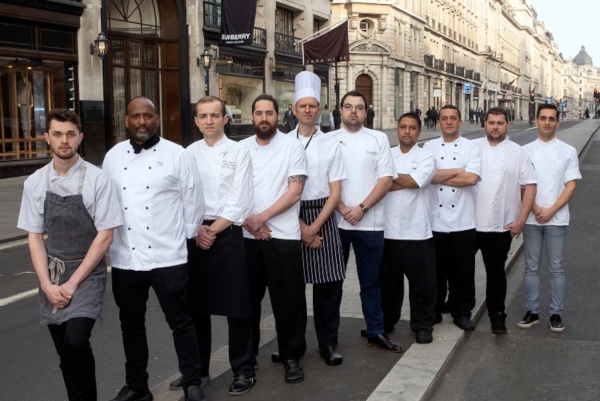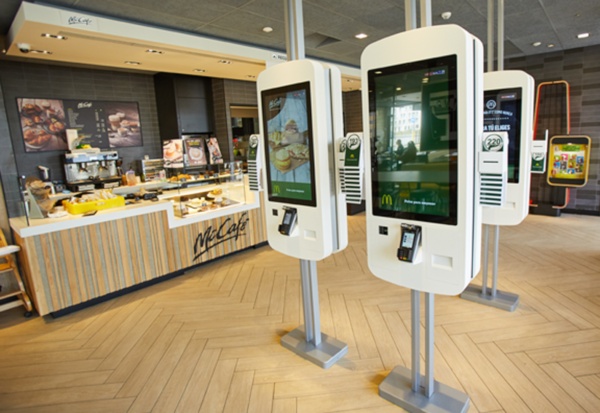Let’s talk environmental impact. Food businesses are striving to be greener and the hospitality and catering sectors are looking to make changes in line with sustainability and minimising waste. The UK Government is now catching up with brands and making environmental impact a priority, which means that changes to how food businesses operate and how we measure our eco-impact aren’t far behind.
You can stay ahead by keeping informed. Start by reading these articles on green initiatives, and then consider how you can apply these to your food business.
‘Plastic straws and coffee stirrers to be banned from April 2020’ – The Caterer

Plastic straws have been something of a hot button topic, with some companies, like Wholefoods, banning them from store use. Up until now, in the UK, it has been down to each business to decide if they wanted to continue to use plastic straws – with many switching to paper.
The impact of plastic straws on the oceans and landfills is clear, and so UK environment secretary Michael Gove had announced a ban from April 2020 on plastic straws, drink stirrers and cotton buds. It is encouraging to note that exemptions have been made to stem the impact of this ban on disabled people for whom plastic straws are a necessity, and something that you may want to consider when creating your own policy on single use plastic in your business.
Read full article: ‘Plastic straws and coffee stirrers to be banned from April 2020’
‘Pioneering Food Waste Pledge launched by Regent Street & St James’s’ – Hospitality & Catering News

In a huge first move to tackle food waste, Regent Street and St James’s Street in London had pledged to reduce food waste ‘by 25% by May 2020’. A collaboration of restaurants from the two streets have been brought together to tackle this issue, where ‘an average of one in six meals is wasted’.
Food waste is a huge problem around the world, in particular in food businesses like restaurants and food trucks, but also in homes. With pledges of this kind, real tangible steps can be taken to dealing with food waste and encouraging a trickle down from large to small food businesses. Something that might be more feasible than you think for your own food business.
Read full article: ‘Pioneering Food Waste Pledge launched by Regent Street & St James’s’
‘McDonald’s eyes ‘small innovations’ to achieve greener restaurants’ – Food Service Equipment Journal

There are a number of pledges being made by McDonalds, including pledging ‘to recycle 100% of guest packaging in all our restaurants by 2025’ and upgrading to LED lights to reduce their CO2 emissions.
McDonald’s is a huge chain of restaurants and so their impact on food waste, recycling and energy use is massive. Rolling out changes across their brand could do wonders for their green-ness and is likely to inspire other brands to make the change.
There are lots of little ways, as exemplified by McDonald’s’, to make your business greener – especially in the food sector. These smaller changes can lead to a significant impact on your environmental impact.
Read full article: ‘McDonald’s eyes ‘small innovations’ to achieve greener restaurants’
How Green Is Your Food Business?
Your food business can probably be more green. Whether that is in smaller ways, such as being more mindful of your food waste, or more significant, like switching to a recycled or renewable set of storage containers.
You should be regularly assessing your environmental impact and considering how you can improve it. Doing this will help you stay prepared for when government changes happen, and help you do your part for the global ecosystem. For ideas and inspiration, take a look here at some restaurant initiatives and the latest environmental innovations that you could apply to your food business – from where you source your food to how you package it.
Check out our Best Reads for Catering & Hospitality.